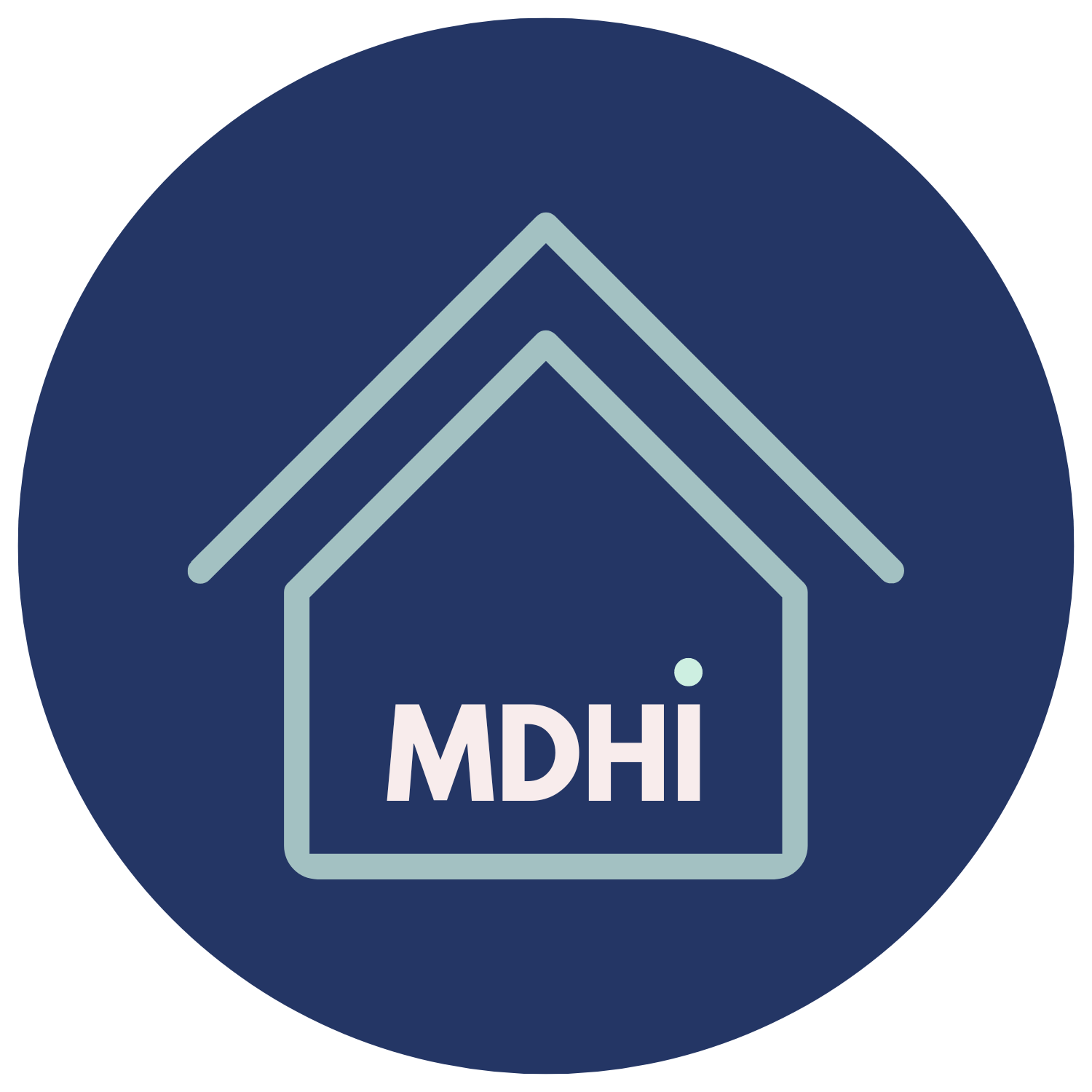PRESS RELEASE: Annual Point-in-Time Count Shows An Increase of People Experiencing Homelessness in Denver Metro Area
FOR IMMEDIATE RELEASE
AUGUST 14, 2024
Layla Elena Said
Communications Specialist
Metro Denver Homeless Initiative
layla.said@mdhi.org | 484-772-0559
Rebecca Mayer
Interim Executive Director
Metro Denver Homeless Initiative
rebecca.mayer@mdhi.org
DENVER, COLORADO – AUGUST 14, 2024 – The Metro Denver Homeless Initiative (MDHI) released its data for the annual Point-in-Time (PIT) count today. The count, conducted in January each year, is required by the U.S. Department of Housing and Urban Development (HUD) to capture the number of unduplicated individuals experiencing sheltered and unsheltered homelessness on a single night. This year’s PIT count took place across Adams, Arapahoe, Boulder, Broomfield, Denver, Douglas, and Jefferson Counties from sundown January 22, 2024, to sundown January 23, 2024.
The PIT is an annual snapshot of homelessness on a single night with numerous variables such as weather, count participation, volunteer engagement, and other factors which may impact the count from year to year. While this count can help us understand homelessness on a single night, MDHI and our partners are actively working on comprehensive, real-time data. The region was able to identify 9,977 individuals in the 2024 count, while the Homelessness Management Information System (HMIS) used by over 100 nonprofit and government agencies allows us to see that this number is closer to 30,000 throughout the year. A more comprehensive look at homelessness can be found in MDHI’s State of Homelessness 2023 Report.
Homelessness increased by 10% this year, driven primarily by a 12% rise in shelter usage. While fewer people are experiencing homelessness for the first time, the number of chronically homeless individuals rose by 16%. The number of homeless families has also grown significantly, from 2,101 to 3,136. While Point in Time data can fluctuate year to year due to methodological changes and varying conditions, it remains a valuable tool when considered alongside other data sources. Rebecca Mayer, Interim Executive Director at MDHI, noted, “Behind every data point lies the reality of individuals and families facing the hardship of homelessness. It's crucial to remember that our unhoused neighbors deserve the stability and security of a safe place to call home.”
The City of Denver stood up temporary shelters for newcomers beginning in December 2022. “Newcomers” refer to migrants using more inclusive language. On the day of the count, more than 4,300 newcomers were staying in the City of Denver shelters. Nearly 43,000 newcomers have been supported by Denver since 2022, with more than 12,000 people arriving in just the three months leading up to the 2024 PIT Count. To ensure access to the most accurate information of those experiencing homelessness on a single night, the newcomer population that stayed at the temporary migrant-only shelters are not included in the Metro Denver PIT report.
The Point in Time would not be possible without our many partners and volunteers across the region who support this annual count and survey. Heidi M Grove, MA, serves as the Division Director of the Boulder County Department of Housing and leads their Point in Time efforts. She shared, “Point in Time is a snapshot into homelessness across the country. We are so grateful for the hard work that all our partners, providers, and volunteers put in to ensure we have the most accurate count possible as we know funding relies on these numbers.” Kate Skarbek, Senior Management Analyst with the City of Westminster, added, “We really appreciate the time and effort volunteers put into the Point in Time Count. The PIT helps us understand what it’s like to experience homelessness and how close it is to all of us.”
For more information on the PIT count, 2024 data, and county-by-county breakdowns, please visit mdhi.org/pit.
________________________________________________________________________________________
MDHI is the Metro Denver Continuum of Care, the regional system that coordinates services and housing for people experiencing homelessness. This includes prevention/diversion, street outreach, emergency shelter, transitional housing, rapid rehousing, and permanent supportive housing. MDHI works closely with each county in its continuum (Adams, Arapahoe, Boulder, Broomfield, Denver, Douglas, and Jefferson) to build a homeless crisis response system that gets people back into housing as quickly as possible. Learn more at mdhi.org.

